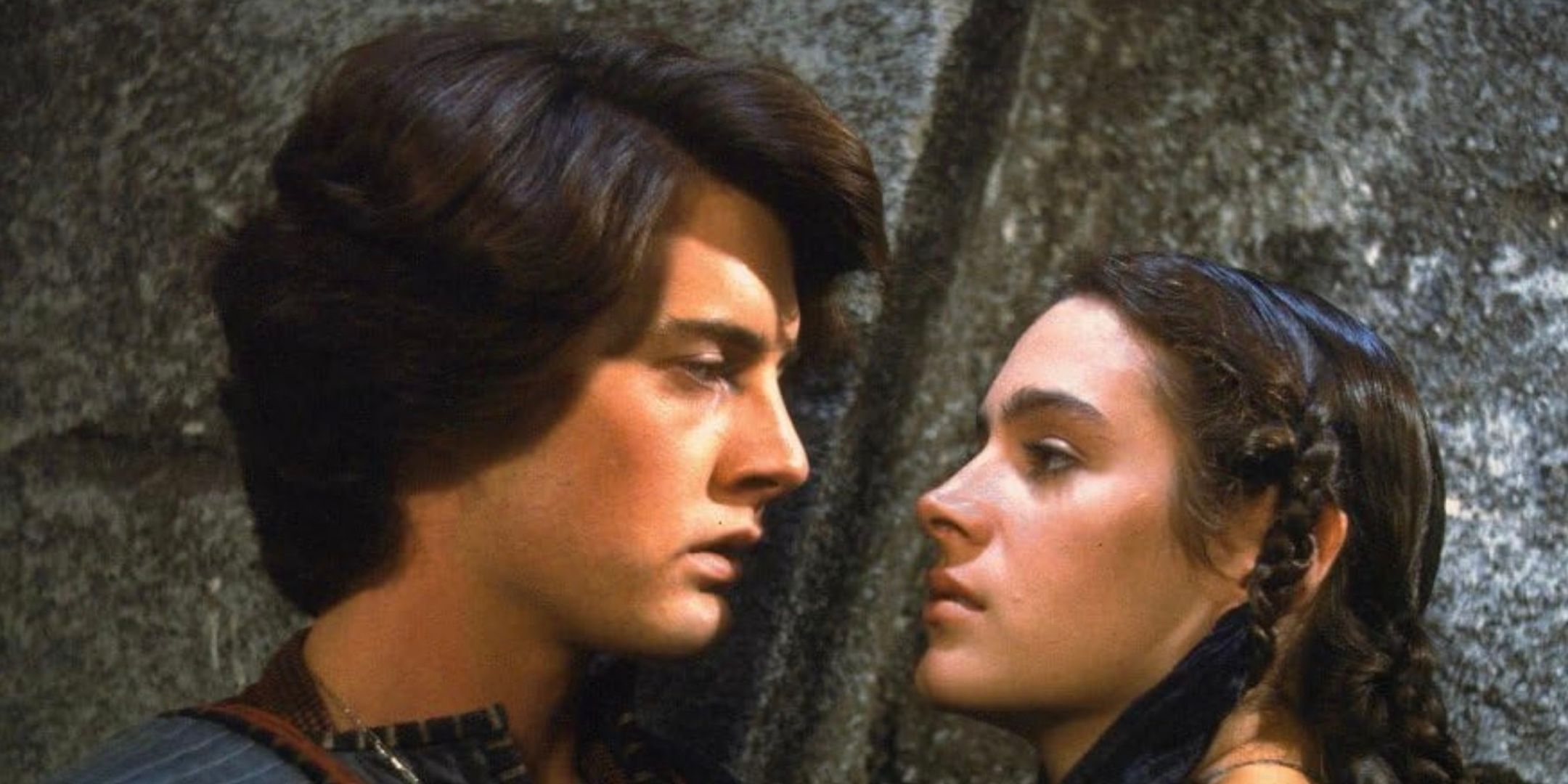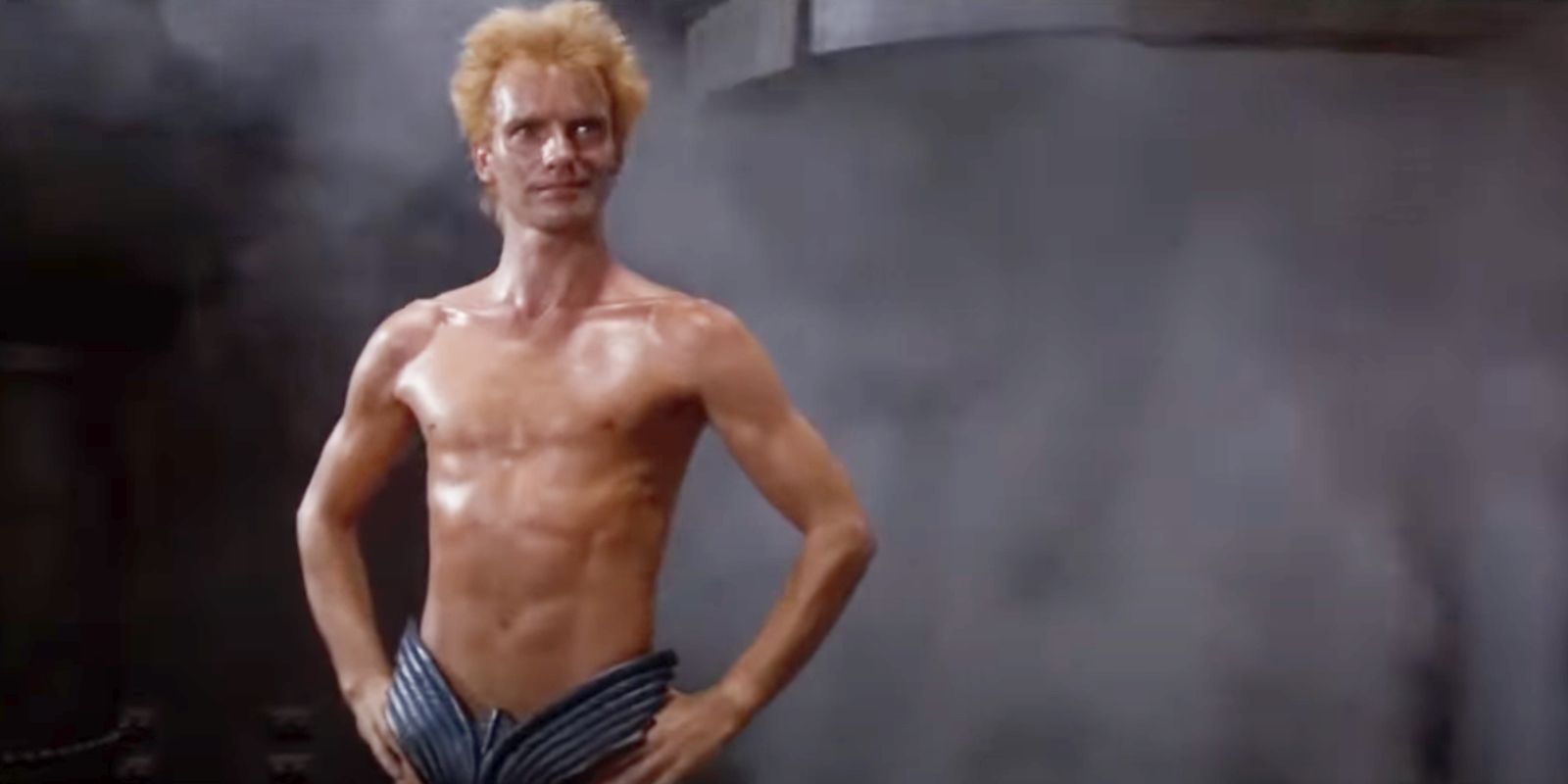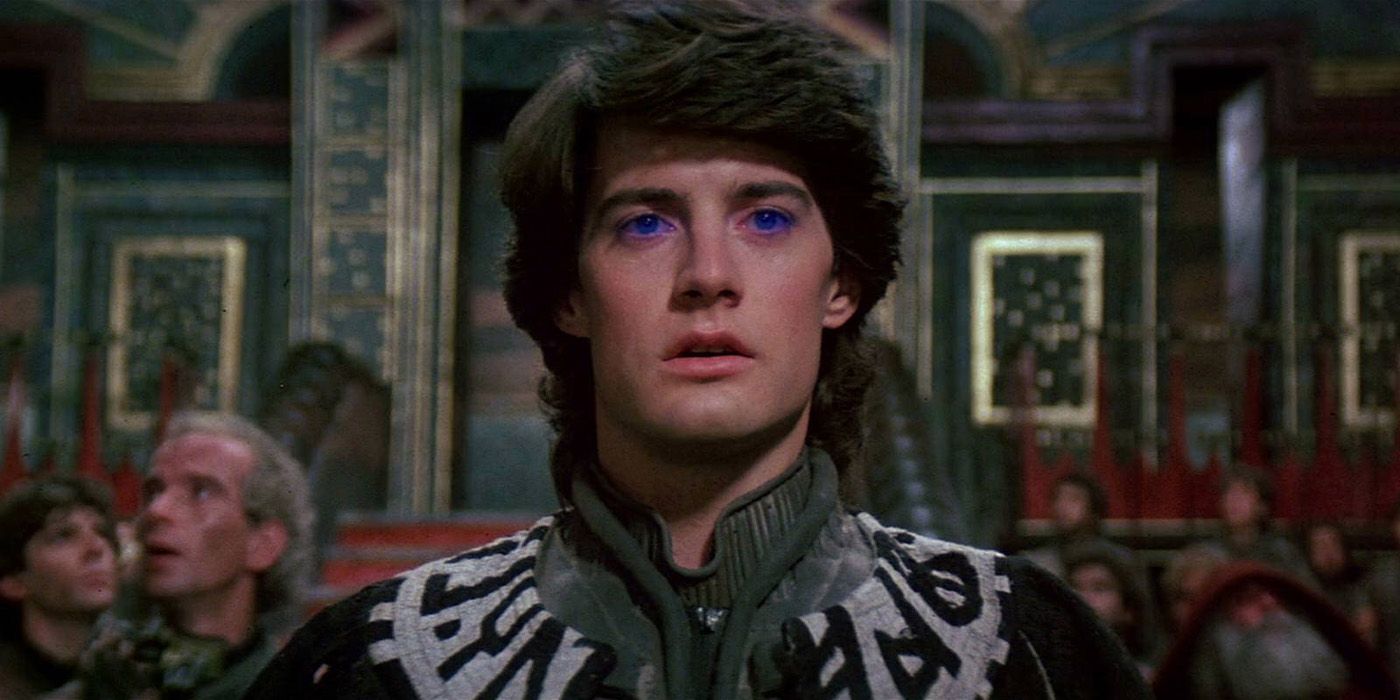David Lynch’s 1984 adaptation of Dune was a notorious flop, and there were so many factors that contributed to the movie’s ultimate failure. Frank Herbert’s original novel was a stark new vision in science fiction, and it deftly combined fantasy elements with sci-fi to dream up a world beyond imagination.
Blending elements of religious philosophy with complex ideas about technology and humanity’s role in the future, Dune was both dense and engrossing to readers. Naturally, it was a juicy prospect for a movie adaptation, but it took nearly 20 years of failed attempts for the film to finally materialize.
Many writers and filmmakers struggled to condense Herbert’s impenetrable ideas, and the novel didn’t follow a conventional structure that lent itself easily to screenplay format. However, producer Dino De Laurentiis finally assembled a team to bring the story to life, but it proved to be an unmitigated disaster.
Wunderkind director David Lynch was hired, but he would have his name removed from the final product. Dune was a box office flop, and critics had nothing but negative things to say about the film. Though it does have a cult following, too much went wrong for Dune to ever be considered a good movie.
David Lynch Wasn’t The Right Choice To Direct
He’s One Of The Best, But Not The Right Fit For Dune
One of the notorious elements of 1984’s Dune is that director David Lynch initially disowned it, having his name replaced with Alan Smithee. While he did eventually soften on the project, taking responsibility for its failure, that doesn’t tell the whole story. Dune‘s shortcomings aren’t for lack of effort, but because Lynch just wasn’t the right fit for the job.
Lynch’s esoteric nature combined with the story’s denseness to create a mélange that wasn’t pleasant.
The late filmmaker’s first two movies were perfect platforms for his one-of-a-kind artistic vision. However, Dune required a director who understood the ins and outs of blockbuster cinema, especially with something as complex as Dune. While it may have seemed like a match, Lynch’s esoteric nature combined with the story’s denseness to create a mélange that wasn’t pleasant.
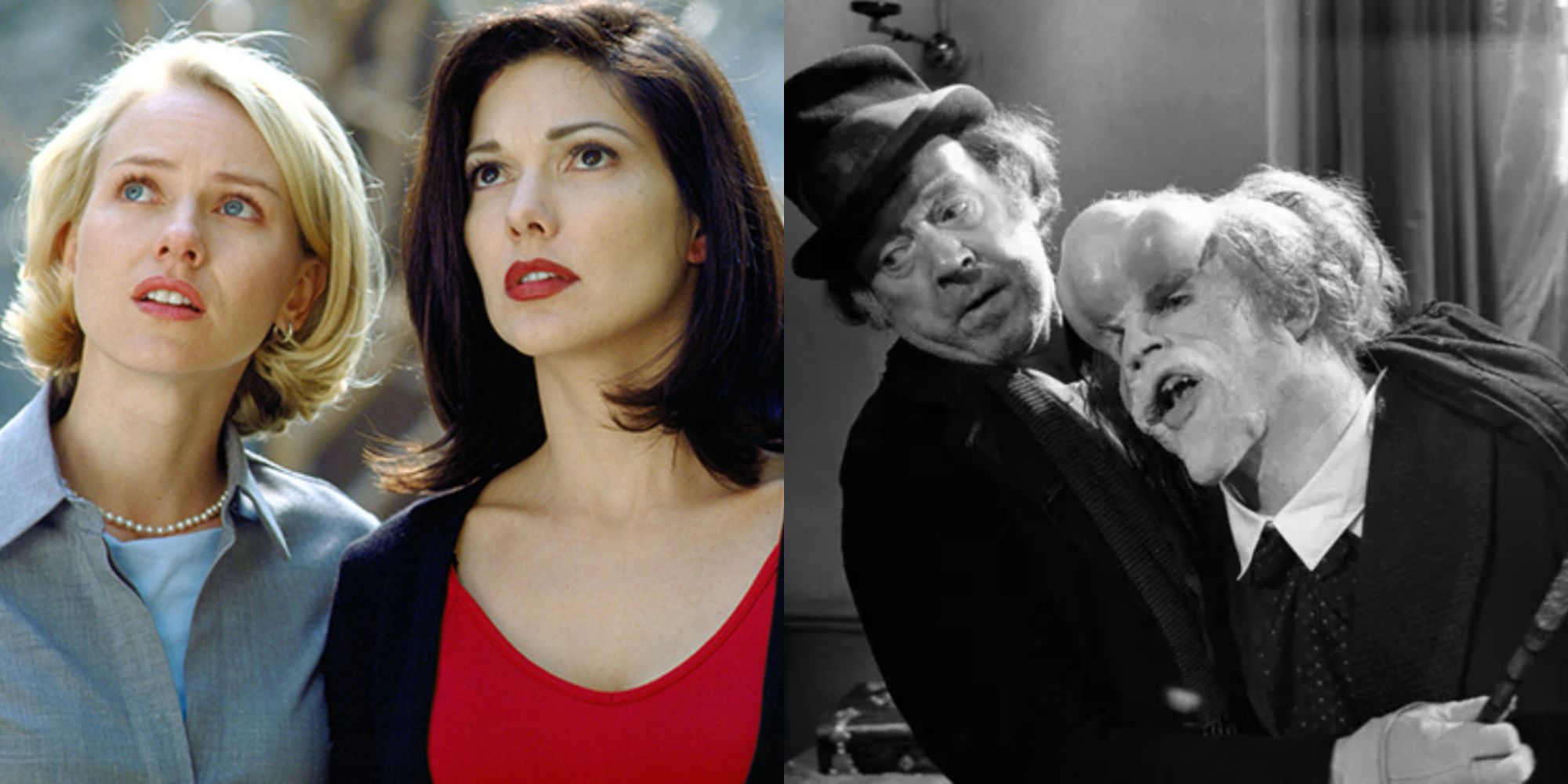
Related
All 10 David Lynch Movies, Ranked By Their Weirdness
While David Lynch has some solid drama movies, he’s famous for his weirdest creations, some of them being close to absolute nightmares.
A more straightforward director, such as Steven Spielberg or Richard Donner, may not have Lynch’s keen eye for the absurd, but they do know how to make any story connect better with the audience. Dune was not served by the director’s vision, because it was already weird and impenetrable to the average moviegoer.
Baffling Creative Decisions Made It Goofy
Some Parts Of Dune Are Downright Silly
Frank Herbert’s vision of Arrakis was artful and occasionally strange, but his characters were somewhat less defined. This left the door open for the Dune movie to take some creative liberties, and they went big with a lot of design choices. While the design of the stillsuits is particularly strong, other choices are bizarre to the point of unintentional humor.
Some of the hair and makeup decisions didn’t achieve the desired effect, especially Baron Harkonen, who is turned into an exaggerated caricature. The idea to put Sting (as Feyd-Rautha) in a small pair of underwear as he battles Paul in the final showdown made for good fan service, but has aged poorly in the four decades since.
The movie’s sound design was praised, earning an Academy Award nomination.
Overly literal interpretations of things like the Guild Navigators also just didn’t pan out, and it was clear that Herbert’s weirder notions needed a filter. The makeup and creature designs tended toward horror and gross-out rather than esoteric, so the movie clashes with itself by having an artsy tone and a cheesy execution.
The Screenplay Was Too Inaccessible
It Fails As A Coherent Adaptation
When adapting any book, a movie should assume the audience knows nothing about the source material, and work from there. Unfortunately, Dune didn’t follow that rule, and often left the uninitiated lagging behind as they tried to keep up with a constant onslaught of new information.
Dune couldn’t decide if it wanted to be streamlined or thorough.
There’s no denying that Herbert’s novel is difficult to fully understand, but the movie should have been an interpreter. All the information is there, but it’s not presented in any sort of engaging way. Movies must weave exposition into the storyline or else risk being too boring, but Dune couldn’t decide if it wanted to be streamlined or thorough.
The Star Wars Comparisons Hurt Dune’s Chances
It Was Scooped By A More Famous Fantasy Sci-Fi Franchise
Despite the fact that many elements from Star Wars seem to be lifted from Frank Herbert’s Dune, it was comparisons to the aforementioned film franchise that hurt the movie’s chances. Released on the heels of the trilogy-capping Return of the Jedi, Dune couldn’t live up to the higher standards of the Star Wars films, and was a victim of circumstance.
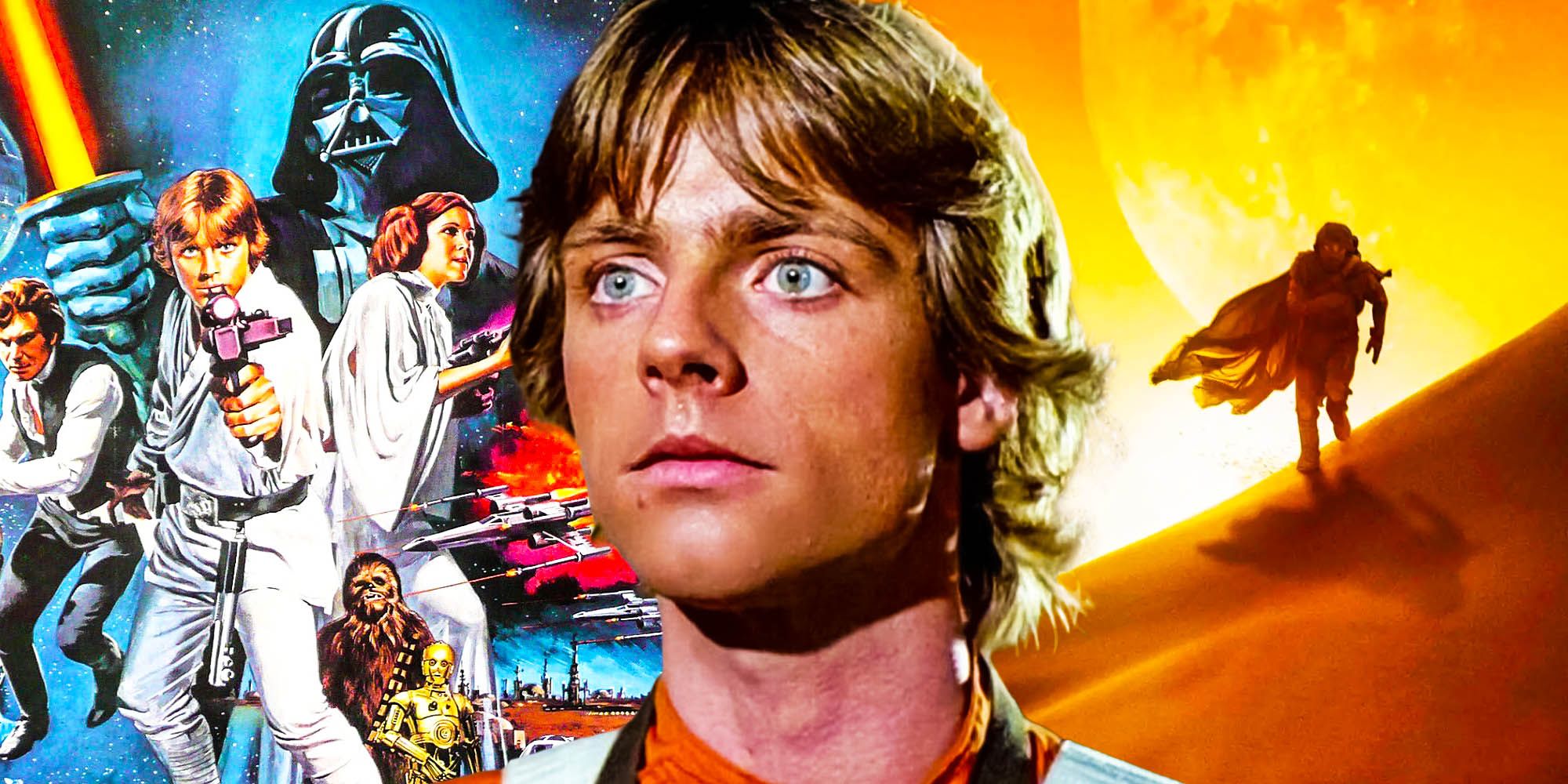
Related
Everything Star Wars Took From Dune
There are a number of striking similarities between George Lucas’ much-loved Star Wars franchise and Frank Herbert’s seminal 1965 novel, Dune.
Quality has little to do with a movie’s success, but it was clear from the start that Dune was an inferior product that was made exclusively to cash-in on the hype of Star Wars. Had it been made a little later, there’s a better chance that the David Lynch movie could have lived up to its blockbuster potential.
How 1984’s Dune Compares To The Modern Films
Each Adaptation Has Positives & Negatives
When 2021’s Dune arrived, it was the big-budget adaptation that Frank Herbert’s classic novels always deserved. Director Denis Villeneuve brought just the right amount of artistic flare to the project without ignoring the basic needs of the story, and general audiences were quite smitten with Arrakis and the adventures of Paul Atreides.
|
Dune Feature Films |
Release Year |
Rotten Tomatoes |
Box Office |
|---|---|---|---|
|
Dune |
1984 |
36% |
$98 million (adjusted for inflation) |
|
Dune |
2021 |
83% |
$410 million |
|
Dune: Part Two |
2024 |
92% |
$714 million |
In many respects, the modern Dune films are an improvement, with better effects and a more accessible story. However, the design choices are often bland and uninspired, and Villeneuve’s vision looks a lot like dozens of other modern sci-fi films that opt for a gray color palate.
Even if the ’84 version swung and missed, it scores points for trying to do something unique. The new Dune movies are perfectly digestible, but it’s hard to find Frank Herbert’s complexity and themes. No adaptation is ever going to fully do the novel justice, and the only true way to get the entire experience is to read the books.
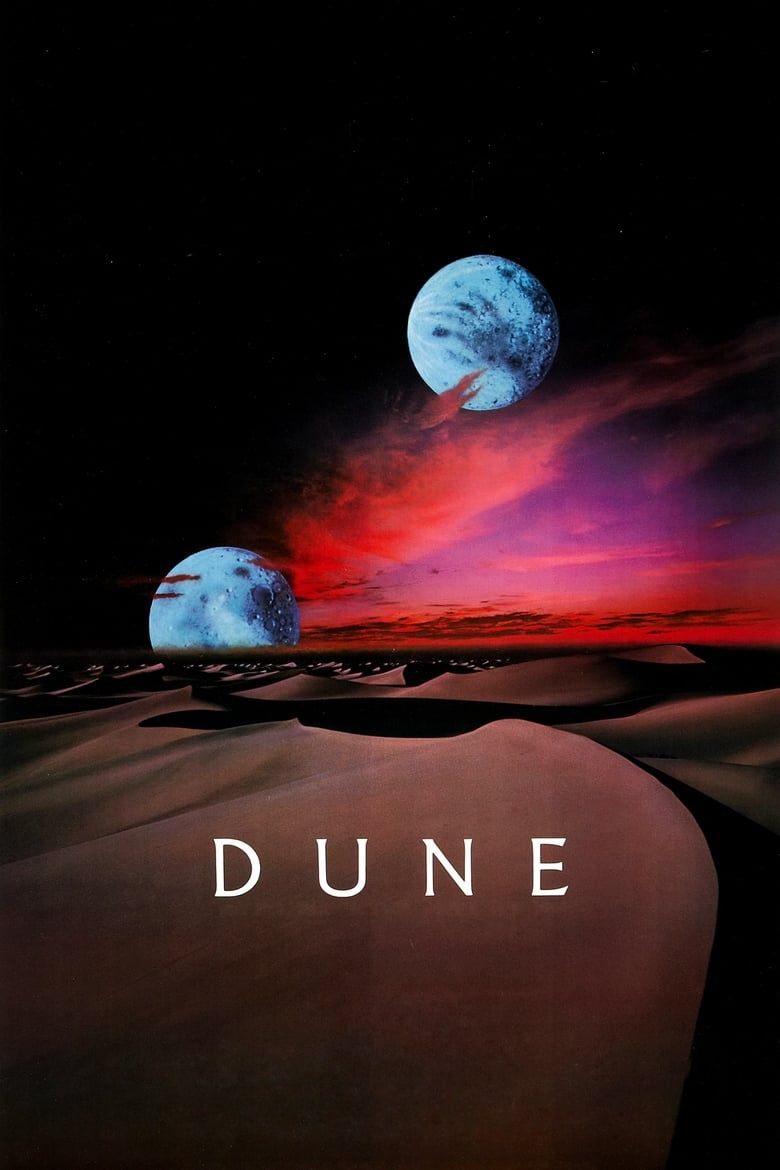
Dune
- Release Date
-
December 14, 1984
- Runtime
-
137 minutes



